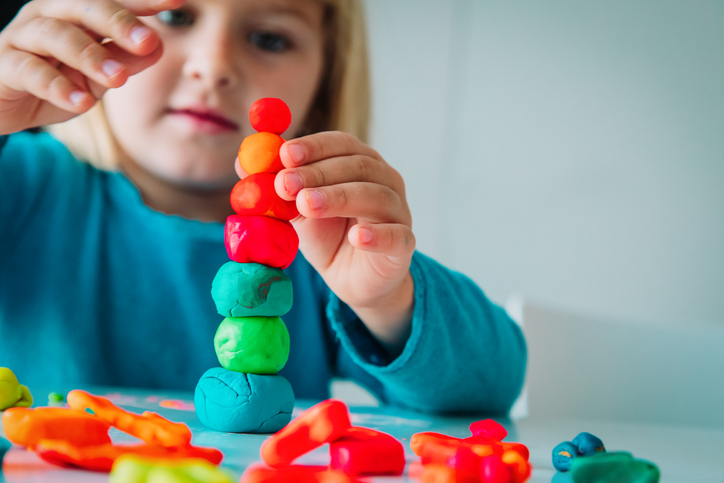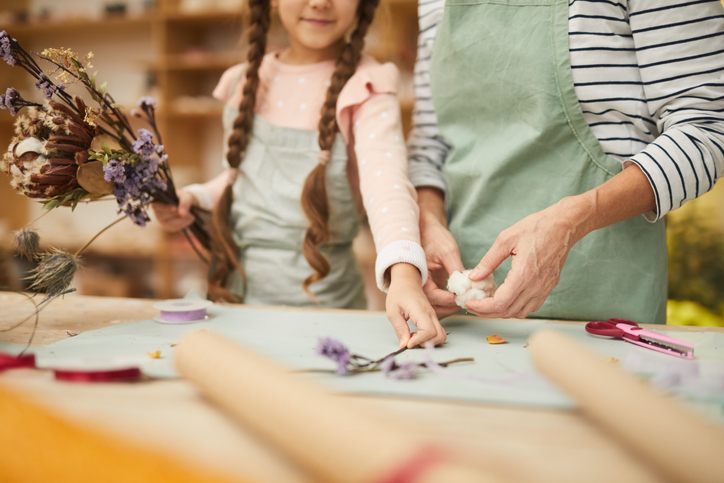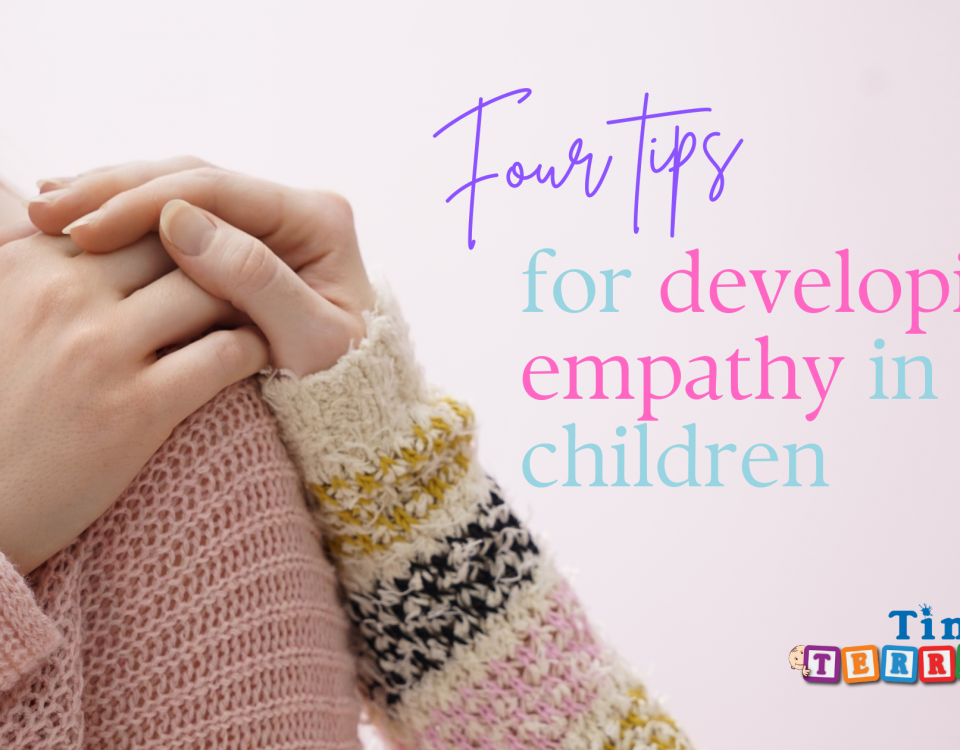
Simple Sensory Hacks to Help Your Fidgety Child Focus
April 22, 2020
Bedtime Delay Tactics
July 16, 2020Play-Based Learning at Home – Tips and Inspiration

Children naturally learn about the world around them through play. It helps them express their emotions and their curiosity while having fun. Play-based learning is an important foundation of children’s early education, and its importance is being widely recognised.
Play-based learning is the process through which children develop vital skills without a formal setting. It helps develop the child’s creativity, problem-solving, decision-making, cognition, and social competence skills. It allows children to explore, examine and experience their environments which later help them derive meaning and solve problems. It is the foundation on which a child’s literacy can be based upon.
But how do parents ensure that their child gets the most out of his or her playtime?
There are many ways that you can facilitate play-based learning for your kids at home. Although the best approach is to leave your child at their own time and let them explore different activities that interest them, you can still lend a helping hand to facilitate the process.
1. Avoid Giving Access to Electronic Devices
Technology can help your child develop new skills and knowledge; however, you should ensure that your children have limited screen times. Electronic devices should not be central to their play-based learning process. Instead, focus on encouraging your children to spend their time in creative activities like reading, painting and drawing. This will help them improve their focus and attention span and stimulate the creative centres of their minds.

2. Allow Your Children to Play Freely
You should also try to allocate some time for children to play alone by themselves. For play-based learning to be successful, it is essential that the play should be directed by the child. You should not try to force any interest in them. Your children need to learn to self-regulate and be free to make their explorations.
3. Try to Follow Your Kids Lead
During playtime, try to engage with the children on their own terms. Get down to their level and play alongside them. This helps enhance children’s sense of control, confidence, and regulation. As a result, children start trusting their parents and become more confident around them. It also helps develop a strong connection between them.
4. Ask a Lot of Questions

While playing with your kids, try to incorporate more vocabulary or description to your kid’s play. Be very observant and notice what little things interest them. Try to add some repertoire by introducing new aspects to their play.
Asking questions about what their child is doing also helps improve their thinking and communication skills. It also helps parents understand what interests their children the most.
5. Introduce Them to New Activities and Materials

Playtime is a perfect opportunity for you to try to get your children involved in new activities. You can also aid the playing process by giving them materials like paint, play dough, or Lego so that they can use their imagination and try to manifest it by physically making something with their hands. Incorporate more activities which make use of colours and pictures that can help in harnessing their curiosity.
If you would like to learn more about how we can help support you or your kids learning, or any other parenting related questions you may have, please visit our website, or call 1300 00 14 14


